by Reuben Abati
The best way to describe what has happened to Nigeria in the last 72 hours, beginning with the country’s first set of general elections on Saturday, February 25, 2023, is to echo Charles Dickens’ poetic, oxymoronic declaration in his novel “A Tale of Two Cities” (1859) on the radical opposites between Paris and London in the 19th Century, that indeed Nigeria now finds itself in truly interesting times, where the best and the worst are on display. Dickens’s novel is one of the best novels ever written.
He told the world famously that : “It was the best of times, it was the worst of times, it was the age of foolishness, it was the epoch of incredulity, it was the season of Light, it was the season of Darkness, it was the spring of hope, it was the winter of despair, we had everything before us, we had nothing before us, we were all going direct to Heaven, we were all going direct the other way – in short the period was so far like the present period, that some of its noisiest authorities insisted on its being received, for good or for evil, in the superlative degree of comparison only” At the time Charles Dickens wrote A Tale of Two Cities, this was in the context and season of the French Revolution. Nigeria did not come into being until 1914, when the consort of a colonial Governor-General, Flora Shaw and her man, the fascist Lord Lugard willed and named Nigeria into being, with the dubious imprimatur of the British panjandrum. But the concept of radical opposites of values, expectations and realities, established in Dickens’s classic, in line with the other classical polarities portrayed in world literatures from Nietzsche, Thomas Mann to Wole Soyinka and after, in more contemporary times tell simply the story of the given duality of human becoming. And so, it has been with Nigeria’s current electoral process in this first stage. Why has this been the best of times and why at the same time, the worst?
Best of times: Nigeria’s elections 2023, would be the first time since 2011 that the elections have not been postponed. In other election cycles, previous administrations before now always found an excuse to shift the “goal-post” as Nigerians are wont to say. But this time around, the Independent National Electoral Commission (INEC) promised that it would stay within the same time-frame that it announced in line with Constitutional provisions. Even when the INEC came under immense pressure from political parties and other stakeholders with regard to other emergent factors over which it had no control, such as the national currency redesign policy which robbed most Nigerians of access to cash during an election season, and nationwide fuel scarcity which made transportation across the country difficult, the electoral body remained focused on its schedule. One factor that played strongly in its favour was the support of the incumbent President, Muhammadu Buhari who repeatedly told Nigerians that he was committed to a smooth transition of power and that he was looking forward to a due exit from power.
He also promised to provide the electoral body and the security agencies all the necessary wherewithal to make the election possible. Buhari, a former military Head of State (1983 – 1985) ran for the Presidential office in 2003, 2007, 2011, and won the fourth time in 2015. He was re-elected in 2019. Nigeria’s 1999 Constitution prescribes only a limit of two terms, that is – a maximum of eight years for an elected President. In Africa, the Constitution means nothing to sitting Presidents, the rule of law is seen as an imposition, access to power is regarded as a birthright. By choosing to toe the path of the likes of Nelson Mandela, Thabo Mbeki, Goodluck Jonathan, Ellen Johnson-Sirleaf, John Mahama, Ernest Bai Koroma, Joyce Banda – African leaders who respected the Constitution and moved when it was time to do so, as contrasted with the likes of the old men in Equatorial Guinea Teodoro Obiang Mbasogo, 80), and Cameroon (Paul Biya, 90) who seem to be following in the footsteps of Hastings Kamuzu Banda of Malawi, Togo’s Gnassingbe Eyadema, and Zimbabwe’s Robert Mugabe. African leaders see themselves as monarchs who must die in office. Whatever may have been his failings, Nigeria’s Muhammadu Buhari as of this moment has not shown any sign of any clumsy attempt to cling to power by foul means. It is almost a widely accepted fact in Nigeria that the President is on his way out, and that all permutations to the contrary are odious. When he leaves eventually on May 29, 2023, it would be said of him that he is a good student of history, learning to avoid the example of certain other African leaders who failed before him, rather choosing the path of honour.
It is also the best of times in Nigeria because Nigeria’s democracy appears to be standing “firm”. Nigeria held its first legislative elections on September 20, 1923 in Calabar, under the 1922 Clifford Constitution. Thus, for 100 years, Nigerians have been trooping out to vote in one election or the other, beginning with legislative elections. But in all of those 100 years, the interludes have been legislative somersaults, intrigues between the colonials and the people, as well as war and military interventions. In 1922, Sir Hugh Clifford set up a legislative council with a membership of 46 persons, four of whom were later elected from Lagos (3) and Calabar (one) in 1923. The Clifford Constitution introduced the idea of representation and elections, and the formation of political parties. The arrangement under the Clifford Constitution survived for only 25 years. Northern Nigeria was not represented in the Council, and hence, in 1946, the Clifford Constitution was replaced by the Richards Constitution, the objective of which was to increase participation and inclusion. The history of Constitutional developments in Nigeria has been better treated by scholars of the subject – Kalu Ezera and others.
Our point is simply that since the return to civilian rule in 1999, and despite all the bickering about the 1999 Constitution, what has given hope about the 2023 electoral process in Nigeria has been the belief that a proper legal framework has been emplaced and that the rule of law through the Constitution and subsidiary legislation, and adherence to same would facilitate good outcomes. Before the 2023 general elections, Nigeria agreed on a new Electoral Act 2022. Since 2000, every effort to make far-reaching changes to the country’s electoral framework ran into troubled waters. Indeed, ahead of the 2019 general elections, the Presidency refused to touch any of the amendments proposed by the national legislature. President Buhari rejected the then proposed Bill four times. But in 2022, the situation changed. The National Assembly not only passed the Electoral Bill 2022, it became the new Law. The beauty of it is that it sought to address many of the ills that had plagued the electoral system in Nigeria. Nigerians went into the election therefore full of hope, that with the emphasis on the deployment of technology – the Bio-Modal Voter Accreditation System (BVAS) and the INEC Election Reporting Portal (IREV), all would be well.
It has also been the best of times because of the determination, the resilience of the people, their zeal and passion to use this election to make a statement and a. difference. In 2015, when President Buhari was proposed to them as the messiah that Nigeria needed, they all went out on the wing of a hope and a promise and supported Buhari and his party, the APC. In 2019, they gave both another chance. But the people were short-changed. Buhari and his people could not keep their promise. The trust deficit between the people and government grew. The government said it was fighting corruption but nothing else worked. The economy collapsed. Inflation and unemployment shot through the roof, not necessarily because of exogenous global trends, but because governance had been poor. Nigeria’s 2023 general election has turned out to be the most competitive since the return to democratic rule in 1999 but it provides the people an opportunity to have a voice in how they are governed, especially the youths who in 2020 had turned out en masse to protest against police brutality and poor governance: the #EndSARS, #SoroSoke phenomenon. This sub-text played out in terms of the desperation of the people to get registered for the votes, and to get their Voter’s cards. Ahead of election day, many slept overnight at voting stations. When voting ended at 2.30 p.m. on voting day and INEC promised that people could stay on the queue for “as long as it talks”, many across the country remained on the queue with their torch lights. In many places, they were disappointed.
But still, it is the best of times because of the people’s belief that democracy could and should move the country forward, because by the time the electoral body began to announce the results, it was clear that the people’s voice had been heard. The results that have been announced so far show the people’s rebellion against the old order, and a yearning for change. The Labour Party, and its candidate – Peter Obi may not win the election eventually, but they have both caused a big disruption that could change Nigeria’s electoral map in a substantially significant manner. Labour Party, catalyzed by Peter Obi and his band of revolutionaries, have become the lightning rod for the rude awakening that Nigeria needs. With victories in the South East, in Southern Kaduna, parts of the North Central and the North West, and the displacement of the stranglehold of the All Progressives Congress (APC) and the ruling party candidate, Bola Tinubu, in Lagos, it is clear that something has shifted in Nigerian politics. In many parts of the country, old, established politicians were voted out. They lost their seats, from Anambra to Ekiti to Plateau and Benue and Cross River. Some of the victims of the people’s rebellion include the Governors of Cross Rivers state – Ben Ayade; Benue – Samuel Ortom; Enugu– Ifeanyi Ugwuanyi, and so many others who have now been told that there is a limit to state capture and the excesses of the complicit middle class. This is one of the signals coming out of Nigeria’s 2023 elections. This is a signal that cannot be ignored. This has inspired hope in many Nigerians that the change that they truly want may be possible, and that the status quo can be effectively challenged. Who would ever have thought that the same Labour Party that was regarded as a non-party, without structures, six months ago, could cause so much disruption of the old order, even if it does not win? Who would ever have thought that Peter Obi would defeat the Almighty Tinubu in his own Local Government in Ikeja, Lagos, in Eti-Osa, or Oshodi, or Alimosho, the stronghold of the much-acclaimed Lion of Bourdillon?
But it is indeed also the worst of times. The elections that took place on Saturday, February 25, 2023, were marred by the same problems that have always plagued Nigerian politics – identity politics, ethnicity, religion, hate speech, violence, vote-buying, under-age voting, voter suppression, sheer criminality and disregard for the rule of law. There have been reports of all the usual evils – before, during and after the elections of February 25 in Nigeria – indeed far worse than whatever may have been experienced since 1999. This may be the most competitive general election, the seventh since 1999, but it is also the worst in terms of management. Violence raged in Lagos, Rivers, Taraba, Akwa Ibom, Edo, Kogi, Bayelsa, Federal Capital Territory, Enugu, Gombe, Osun, Ogun, Edo, as political gladiators turned the elections into war and an opportunity for bloodshed. In Kano, INEC’s office was set ablaze! Elsewhere, ballot boxes and human beings were seized and set ablaze. One of the concerns before the election was that the CBN had introduced a cash redesign policy as an election-control sleight of hand, to stop politicians from buying votes, but in reality, that did not stop politicians from trying to buy votes. The Economic and Financial Crimes Commission (EFCC) arrested persons in Lagos, the FCT and Rivers state moving large sums of cash, ahead of and during the election. On election day, they arrested more than 20 persons trying to buy votes in Kano, Benue and the FCT, including persons resorting to online bank transfers to induce voters.
It is the worst of times also because thuggery and violence reigned supreme, and the security agencies proved sadly incapable of addressing the crisis. In parts of the country, especially Lagos, paid thugs went to polling units and threatened voters. In Surulere, Mrs Efidi Bina Jennifer was attacked by thugs simply because she was considered an opposition-voter in a polling unit that had been taken over by hoodlums. The law allows every Nigerian to vote freely according to their conscience. No law says any voter must be dictated to. For showing signs of independence, Jennifer was wounded in the face. She went away to be treated and she returned to vote, with blood dripping from her face: her heroism and resilience come across as a strong exemplification of the passion with which the average Nigerian approached these elections. But it is the worst of times because INEC, the political elite and the state failed the people. INEC was so mouthy before the election about how well prepared it was. On election day, it failed the people in many parts of the country. Election materials and officials did not arrive on time. Where they showed up, the officials were ill-prepared. The so-called BVAS machines either did not work or the poorly trained or untrained INEC ad-hoc officials could not operate them! In places where the elections appeared to have gone on smoothly, results could not be uploaded onto the INEC viewing portal, real-time as had been promised. On Sunday, INEC came up with an explanation about “technical glitches” and regrets that should ordinarily sound stupid to the dumbest person in the room. INEC simply confessed that it was not prepared. And close to one trillion Naira of the people’s money has been spent on this big gamble? It is not technology that failed. It is the people in charge of the technology. But will anyone identify those people and sanction them?
Nigeria at this moment is faced with accusations and counter accusations as everyone, from political parties to civil society groups tries to blame the other. It is an ugly spectacle. Former President Olusegun Obasanjo has joined the furore, raising the alarm that “danger is looming”. Is that the best the former President can offer at this critical time, when the country needs calm and sobriety in the face of tension and anxiety, occasioned by gross incompetence and collapse of common sense and infrastructure? What Obasanjo has done is to re-affirm that this is not the best of times for Nigeria. But what lies ahead for our country? Charles Dickens ended his novel on a note of optimism, looking into the future. I wish we could say the same of Nigeria right now.











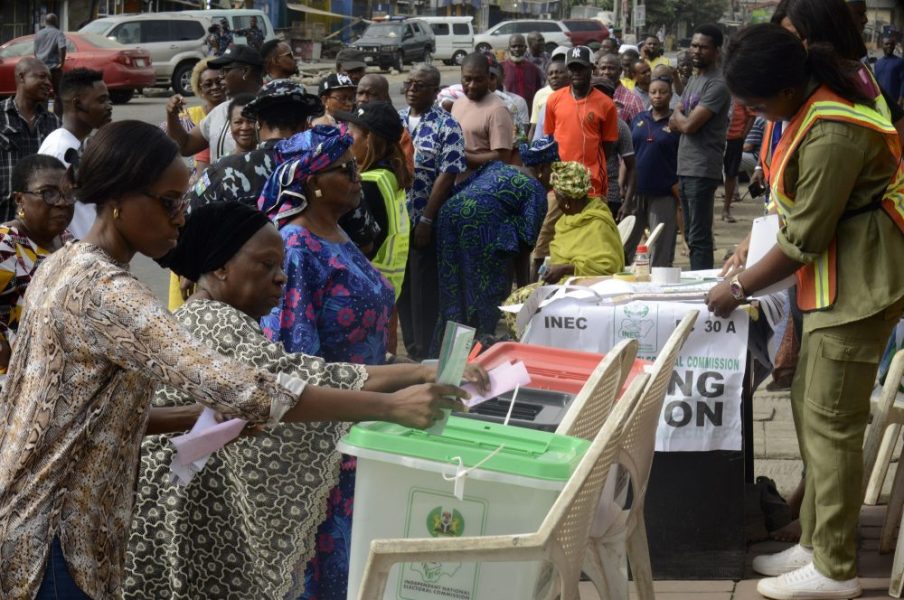

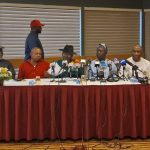
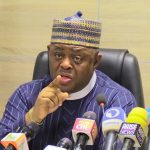




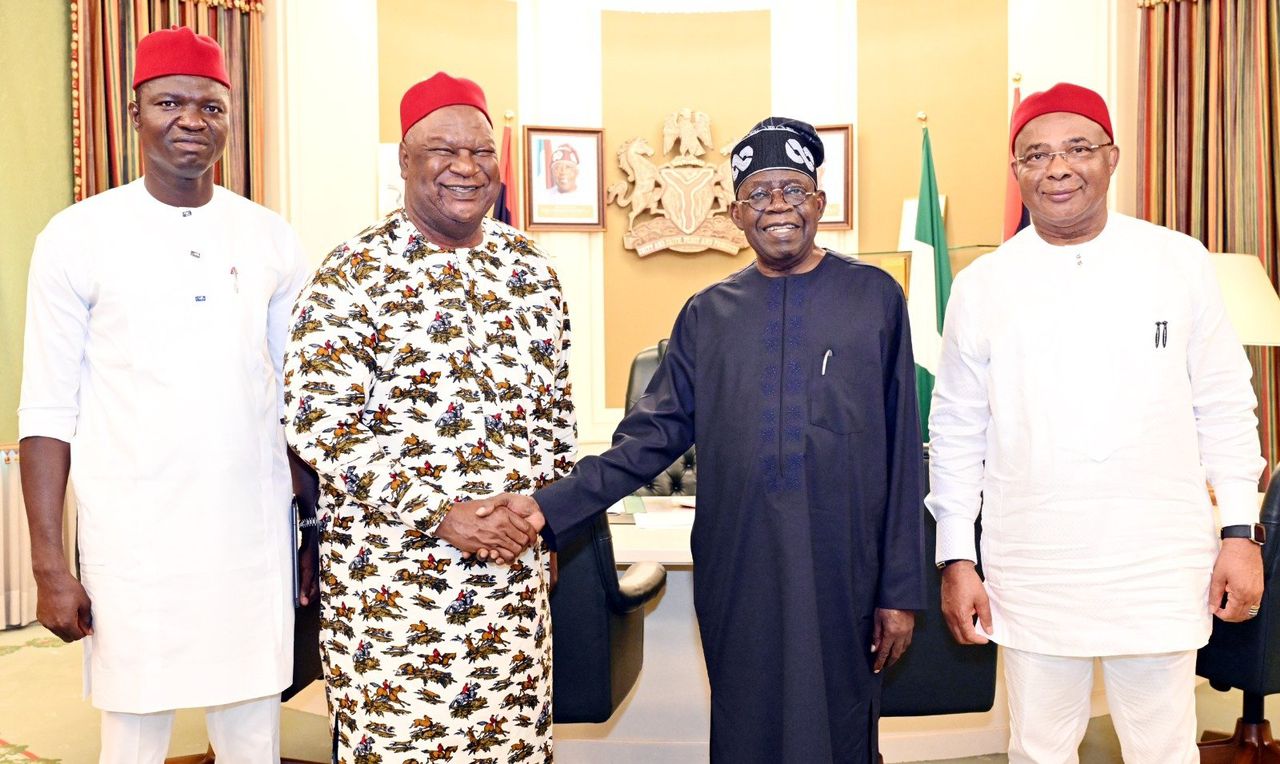
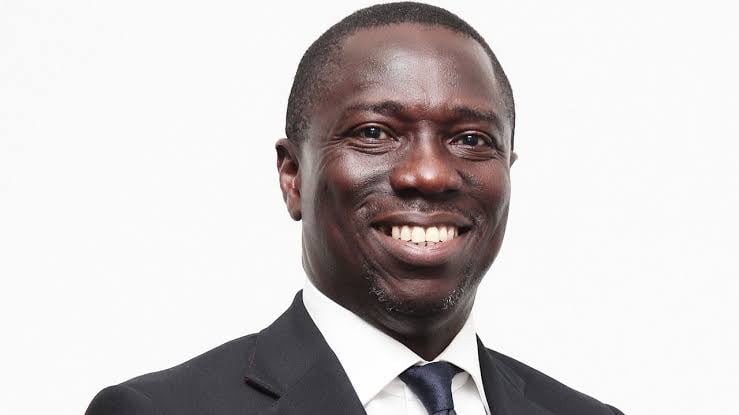

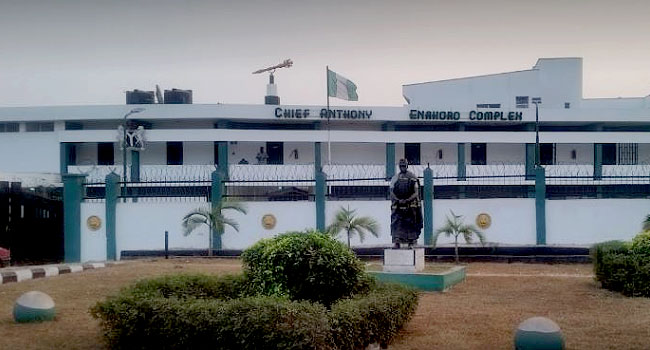
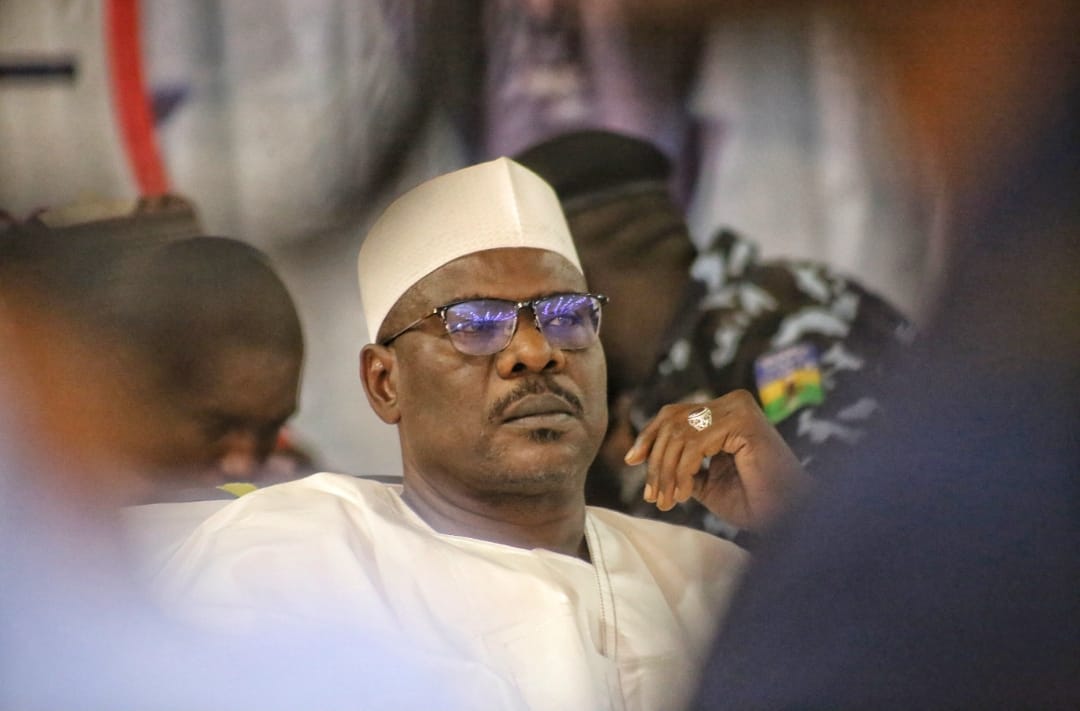
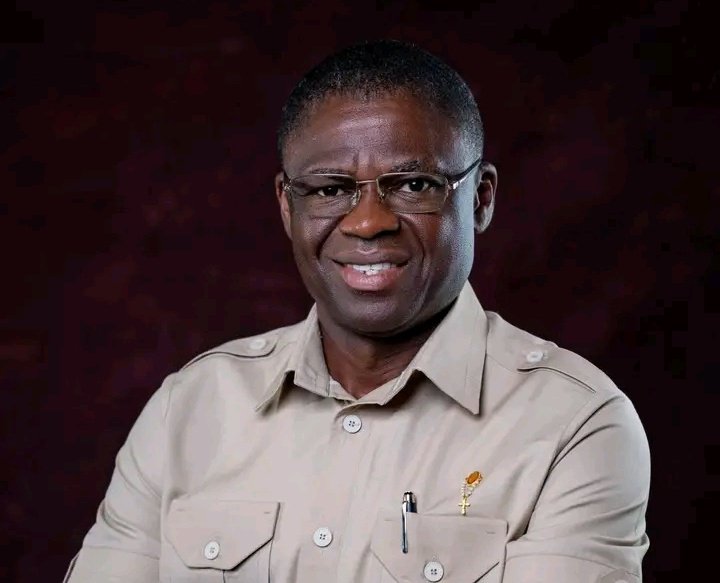
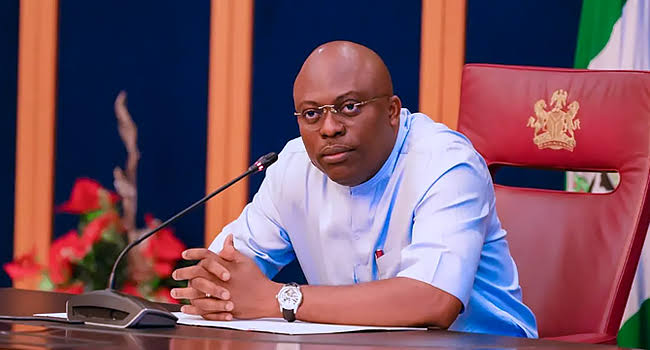

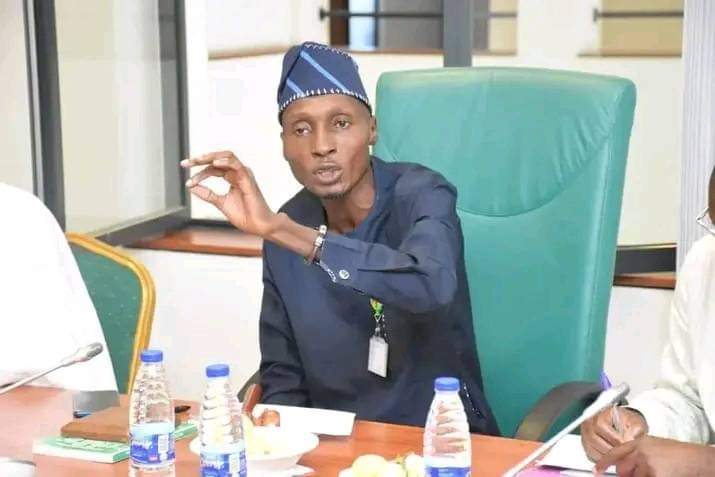
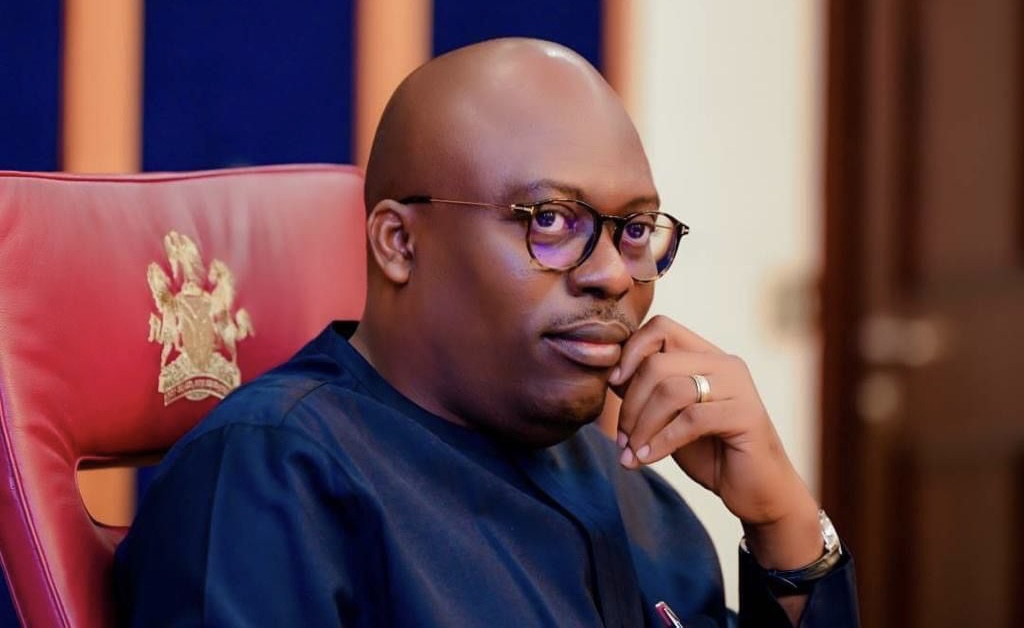
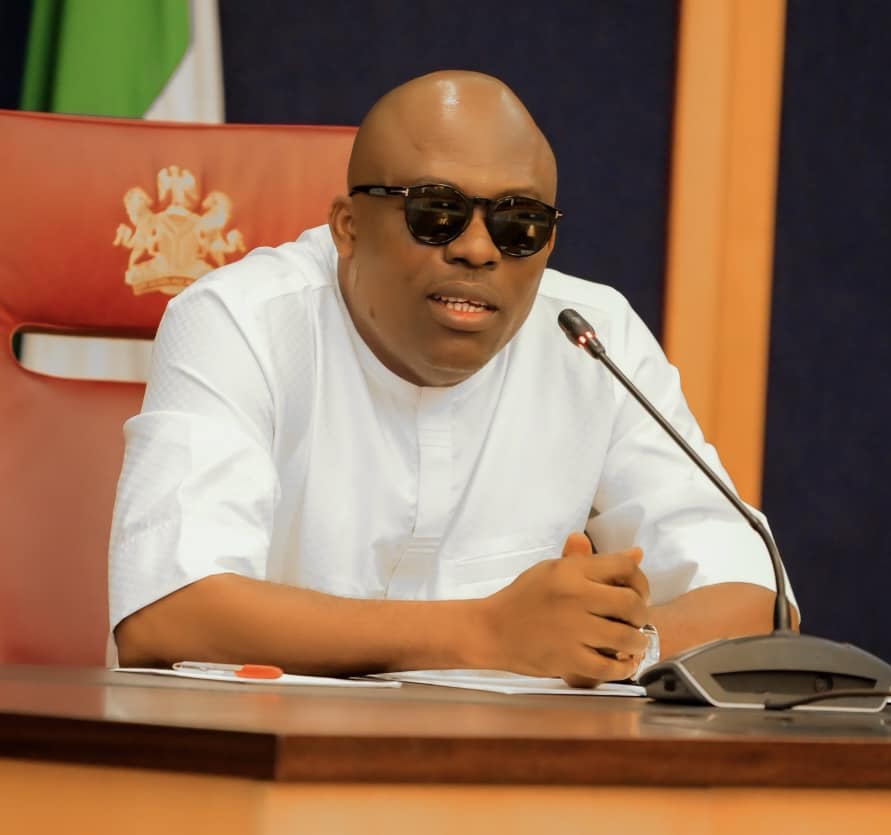
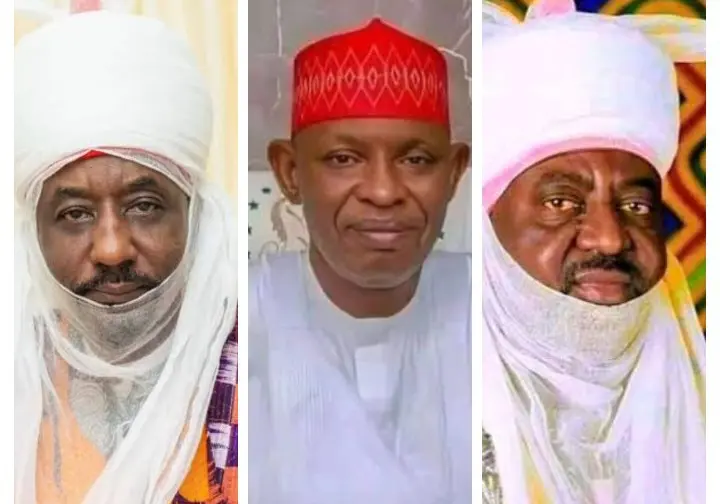

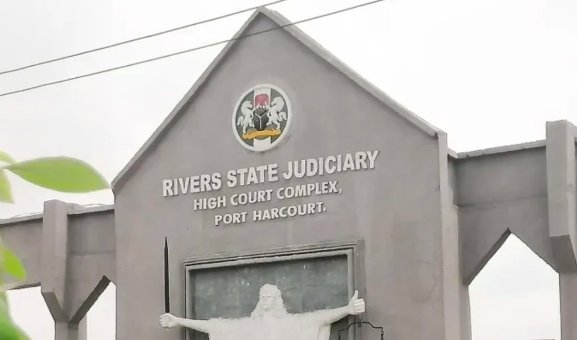
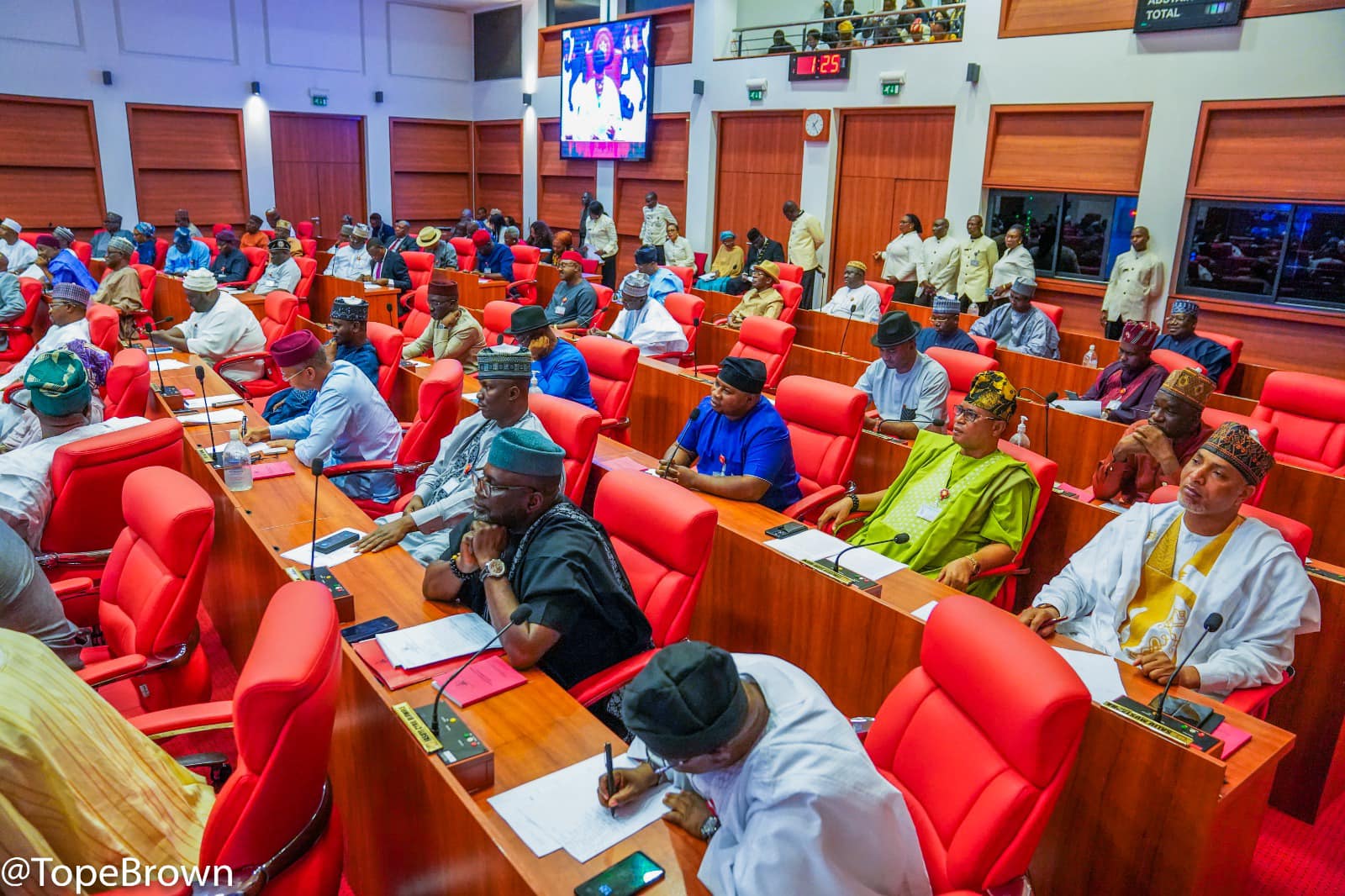
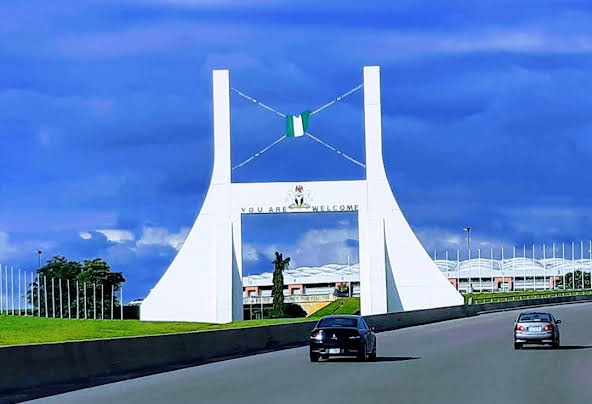
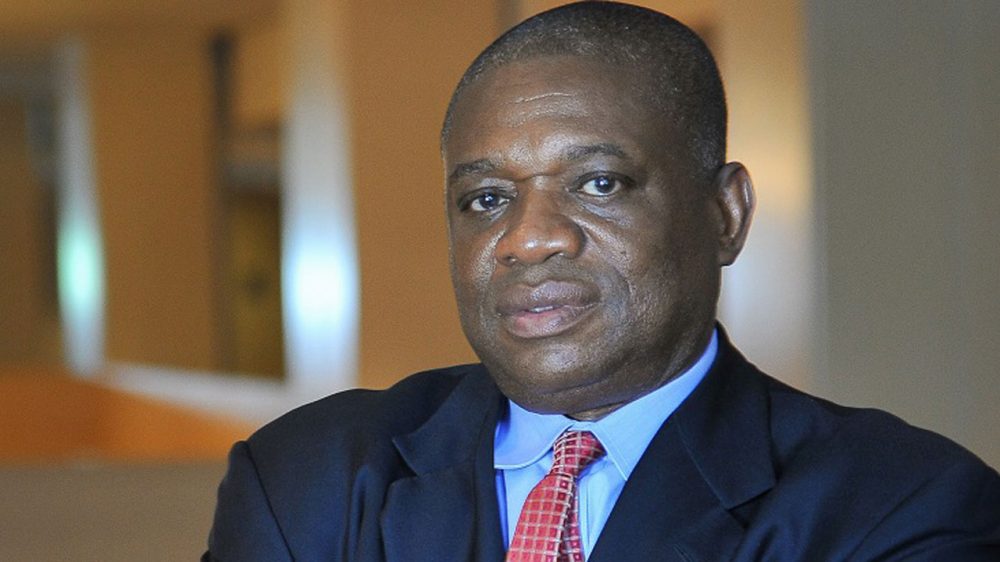
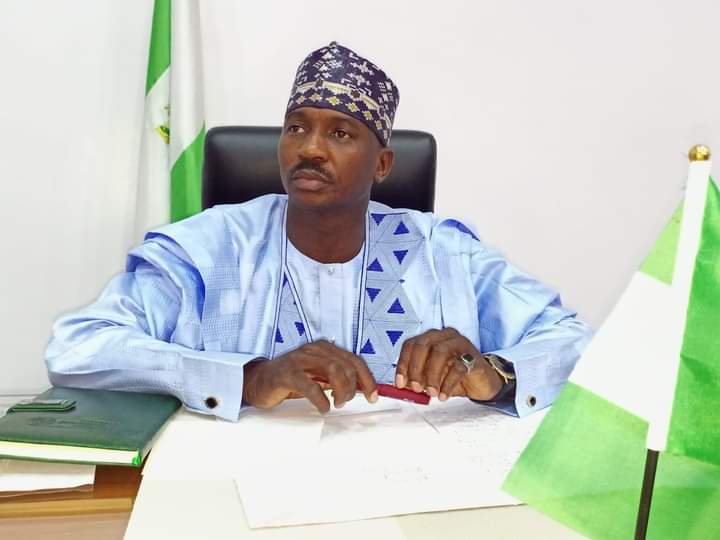
Leave a comment